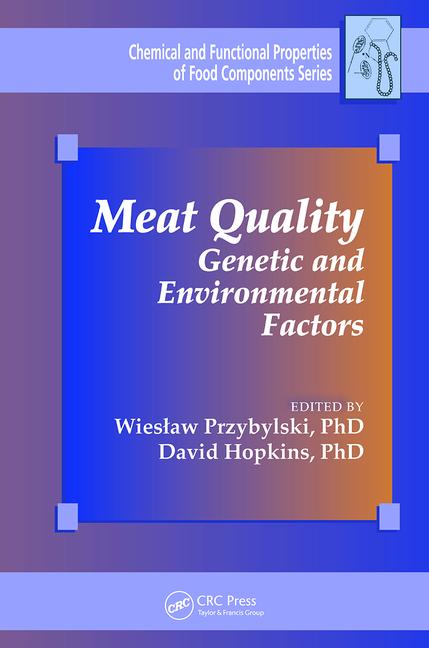Proposed new regulations affecting how some 3,000 industrial facilities in the state deal with stormwater have strong implications for Georgia's poultry industry. Under the proposed new rules, according to the Gainesville Times, poultry facilities and other industrial facilities near impaired streams would have to capture rain in heavy storms.
The head of the Georgia Poultry Federation says it could mean costly changes for Georgia poultry companies. A specific cause for concern for poultry companies is the standard for fecal coliform. About one quarter of Georgia's poultry plants will be affected by the new requirements for sites near streams deemed impaired because of high levels of the bacteria, according to Mike Giles, head of the Georgia Poultry Federation.
Giles argues that poultry companies aren't the only ones responsible for high levels of the bacteria.
"Fecal coliform is a challenging pollutant to measure and also to control through a permit process," he said. "It is everywhere in the environment."
Giles points to a 2006 study published in the Journal of Water and Health showing levels of fecal coliform high in streams near high- and medium-density residential areas.
The state's water quality rules, though setting a standard for fecal coliform, say the standard is "unrealistic" and questions whether measuring fecal coliform is the best indicator of whether a stream's water may make people sick.
Members of the Upper Chattahoochie Riverkeeper, an environmental group dedicated to the health of the basin, say that long-term measurements of fecal coliform, especially E. coli, will help determine if health hazards exist in the stream and their cause. Members of the group recently have begun testing the waters of Flat Creek in several areas, including one next to a Pilgrim's Pride poultry processing plant on Industrial Boulevard in Gainesville.
The weekly tests have shown varied results, depending on rainfall. But at one point in mid-February, the group says a sampling of stream water near the facility showed bacteria levels more than 55 times the state's water quality standard.
A sample at the same location Thursday showed fecal coliform levels at 430 MPN/100 ml, closer to, but still higher than, the standard of 235.
Pilgrim's Pride spokeswoman Margaret McDonald said she would not comment on tests not conducted by the government.
Source: Gainesville Times




Report Abusive Comment